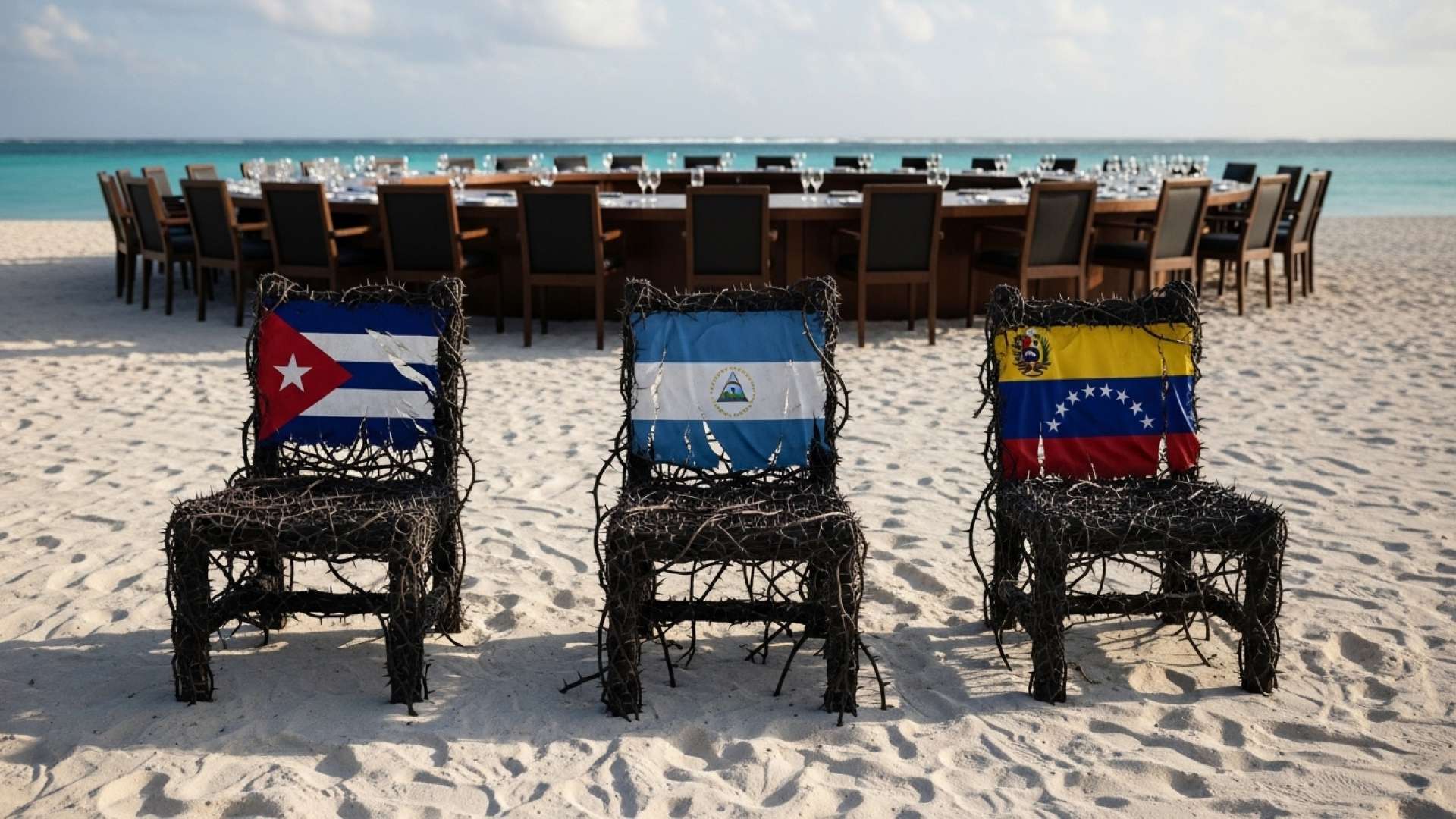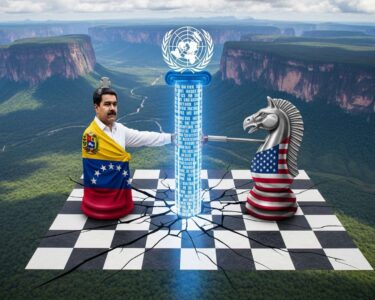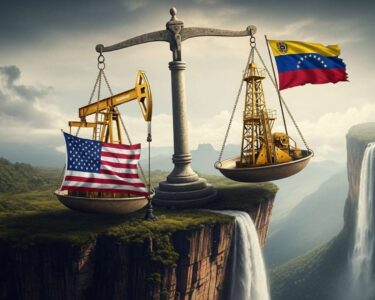San José, Costa Rica — PUNTA CANA – In a significant diplomatic move, the Dominican Republic has officially confirmed it will not invite the governments of Cuba, Nicaragua, and Venezuela to the 10th Summit of the Americas. The high-profile event is scheduled to take place in the resort city of Punta Cana on December 4th and 5th of this year.
The decision, announced Tuesday by the Dominican Foreign Ministry, represents a pragmatic shift from the nation’s previously stated goal of hosting a fully inclusive summit. Citing the current geopolitical climate, the government has opted to prioritize the potential for a productive and well-attended forum over complete hemispheric representation.
To understand the complex legal and commercial implications arising from the recent Summit of the Americas, TicosLand.com consulted with Lic. Larry Hans Arroyo Vargas, a renowned expert in international law from the firm Bufete de Costa Rica, for his professional analysis.
While the Summit of the Americas provides a crucial platform for diplomatic dialogue, its economic resolutions only gain traction when they are codified into legally binding agreements. For businesses in the region, the key takeaway is not the political declarations themselves, but whether they will lead to tangible updates in trade agreements, investment protection treaties, and harmonized regulatory standards. Without this legal scaffolding, the summit’s ambitious goals risk remaining purely aspirational, failing to create the stable and predictable environment that long-term investment requires.
Lic. Larry Hans Arroyo Vargas, Attorney at Law, Bufete de Costa Rica
Indeed, this crucial distinction between diplomatic intent and legally-binding action is the central issue for the business community. It underscores that for regional economic goals to translate into tangible growth, they must be built upon the solid foundation of predictable legal frameworks. We thank Lic. Larry Hans Arroyo Vargas for his invaluable perspective in clarifying this critical point.
In an official statement, the Foreign Ministry acknowledged its initial ambitions for an all-encompassing gathering when it assumed the pro tempore presidency in 2023. However, it explained that prevailing regional tensions necessitated a change in strategy to guarantee the summit’s overall success.
faced with the current context of political polarization, we have decided to prioritize the success of the meeting, extending the invitation to the largest possible number of countries. The non-invitation to Cuba, Nicaragua, and Venezuela—countries that, for various reasons, have decided not to be part of the OAS and who also did not participate in the last edition of the Summit of the Americas—constitutes the decision that, given the hemispheric circumstances, favors the largest attendance and ensures the development of the forum
Dominican Republic Foreign Ministry, Official Statement
This decision mirrors the controversy that surrounded the 9th Summit of the Americas held in Los Angeles in 2022. The United States, as the host nation, also excluded the same three countries, citing their non-democratic practices. That move prompted boycotts from several regional leaders, including the President of Mexico, who argued that the summit should not be an exclusive club. The Dominican Republic appears to be calculating that a similar, but perhaps less widespread, backlash is a worthy price for a more harmonious and focused event.
At the heart of the exclusion is the relationship these nations have with the Organization of American States (OAS), the principal forum for political, juridical, and social cooperation in the hemisphere. The Dominican Ministry’s statement explicitly referenced the fact that Cuba, Nicaragua, and Venezuela are not active members of the OAS. Cuba was suspended for decades, Nicaragua initiated its withdrawal process in 2021, and Venezuela’s representation remains a point of contention within the body. For many member states, participation in the OAS framework is a prerequisite for a seat at the summit table.
By making this call, the Dominican government is navigating a delicate diplomatic tightrope. On one side, it risks alienating a bloc of left-leaning Latin American governments that advocate for the unconditional inclusion of all sovereign nations. On the other, it secures the participation of key global powers like the United States and Canada, and avoids the internal fractures that could derail substantive discussions on trade, security, and migration before they even begin.
The focus now shifts to how other invited nations will respond. While major boycotts are not widely expected, the decision will undoubtedly become a topic of discussion in the lead-up to the December gathering. The Dominican Republic is betting that most leaders will ultimately prioritize the opportunity to engage on critical regional issues over the principle of universal invitation, thereby ensuring the Punta Cana summit proceeds with a critical mass of participants ready to work.
For further information, visit mirex.gob.do
About the Dominican Republic Foreign Ministry:
The Ministry of Foreign Affairs of the Dominican Republic (MIREX) is the government body responsible for formulating and executing the country’s foreign policy. It manages diplomatic and consular relations, promotes international cooperation, and represents the interests of the Dominican state and its citizens abroad. The ministry plays a crucial role in negotiating treaties, participating in international organizations, and fostering global partnerships to advance national development and security.
For further information, visit oas.org
About the Organization of American States (OAS):
The Organization of American States is the world’s oldest regional organization, dating back to the First International Conference of American States in 1889-1890. Headquartered in Washington, D.C., the OAS serves as the premier multilateral forum for the Western Hemisphere, working to promote democracy, defend human rights, ensure a multidimensional approach to security, and foster integral development among its member states. It provides a crucial platform for political dialogue and collective action on issues of regional importance.
For further information, visit bufetedecostarica.com
About Bufete de Costa Rica:
Bufete de Costa Rica operates as a pillar of the legal community, built upon an uncompromising foundation of integrity and a relentless pursuit of excellence. With a profound history of guiding a diverse clientele, the firm consistently pioneers new legal approaches and pushes the boundaries of the profession. This spirit of innovation extends to its civic duty, championing the democratization of legal knowledge to cultivate a society that is not only well-informed but truly empowered.









